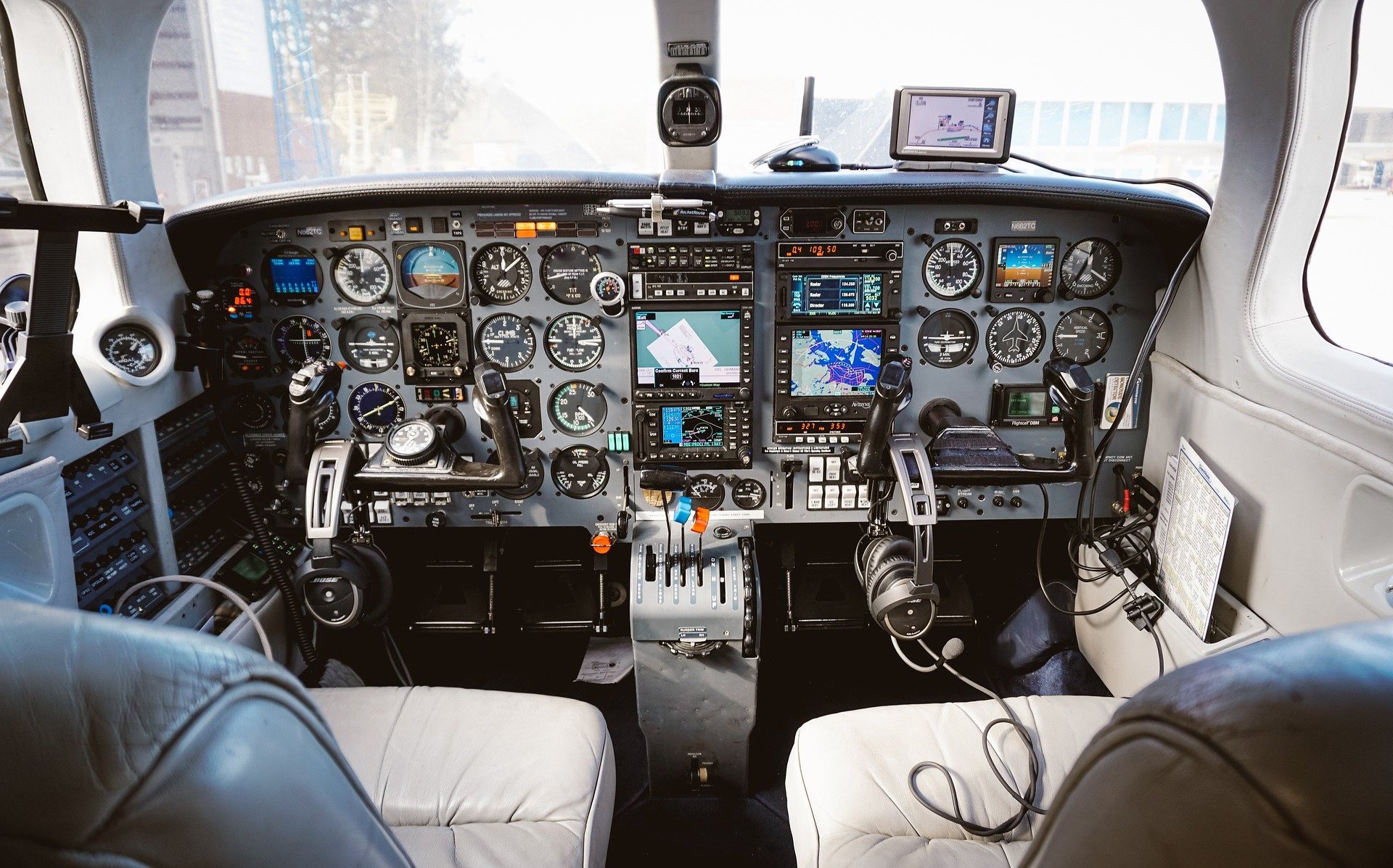AutoPilot, and why we don't teach it
22nd October 2021

written by Suryacitta and Gaynor
Why we don’t teach Auto Pilot on our Mindfulness and Compassion Courses
The design for the Mindfulness and Compassion – Vision and Transformation 8 session course we teach was created in 2004 whilst I was living at Vajraloka retreat centre. I started teaching the course at the Brighton Buddhist Centre from 2005. This has been shared by me and teachers trained by mindfulness cic with 1000 students since.
On leaving Vajraloka I looked at MBSR structure and there was one theme that I felt uncomfortable about, which was the Auto Pilot session,
so we have never included it in the course we run.
On a recent mindfulness teacher training retreat I was asked a question about why not and I have decided to write what I shared in that teaching session.
The main reason is that there is something vital missing in the teaching of the AutoPilot. - I am not saying isn’t useful - but that it needs to be understood more fully, otherwise a big beautiful jewel is overlooked.
For example: When we are walking through a busy high street our attention again and again is not here. Our attention gets lost in mind content and we are somewhere else- maybe having a mental conversation with a person who is not with us, thinking about dinner, we are off into the past or into the future. Rarely if we admit it is our attention on what is actually happening - walking down the street. YET we rarely bump into other people. The body moves this way, sways to the left, then the right, steps over a broken slab and so on. If our attention is not present - and everybody else’s attention is not here - then why don’t we just all bump into each other?
It is because the senses are still functioning. Our attention doesn’t have to be on what we are doing for the senses, seeing, hearing, feeling, tasting and smelling to be active. In fact they are always active. This is called natural functioning, as opposed to egoic functioning, it’s our innate intelligence. I am not saying that we will never bump into another person. But, why for example would we bump into a lamppost? It is not because of our attention being elsewhere but because the sense of seeing is diverted.
I remember once when I was in my 20s, I was in a clothes shop and my eyes were diverted to person I thought was an old school friend, and I walked into a glass door. Now if I was just thinking about the person and my eyes hadn’t diverted, I would still have seen and opened the glass door.
People often say to me on our meditation retreats, I was driving to work this morning and before I realised what was happening, I was at work, I wasn’t present at all. For me that isn’t a negative, it’s nothing short of a miracle. Who or what was driving the car then? Well to give it a name it was our natural intelligence. We don’t need to get too mystical here but this is actually quite incredible. It needs to be appreciated and understood rather than downplayed.

When you are brushing your teeth you can be thinking about many things, your attention gets lost in images/stories/chatter, but the brushing of your teeth continues. “You” don’t need to be there for life to be happening - it’s always happening.
What is happening whilst our attention is lost in the head is that we then experience the consequences of what is not really happening - the emotions, which are activated here only by our thoughts. The fear, the hoping, the conversation in your head is only happening in your head it is not happening in reality
So what to do about this? We now cover this area a lot on our mindfulness and compassion courses and even more so on our mindfulness teacher training programme. The teaching and practice is not to try to be more mindful but to notice what takes the attention away from this present activity. You will notice that it’s over thinking. I am not talking here about practical thinking, that is necessary.
Don’t get me wrong, the mind is a beautiful instrument, it helps create great art, cures for diseases, great engineering feats, it’s wonderful, but it also creates distress and psychological suffering when not used wisely.
Autopilot is actually a programme to allow an aircraft to fly without constant human interference. To me this sounds very good. Our lives don’t need constant monitoring. Driving a car doesn’t need constant monitoring, brushing teeth doesn’t need to be thought about, it all needs to experienced, or rather appreciated in the action itself.
So what to do? When brushing your teeth, we just brush the teeth, just feel what’s happening. Mindfulness is bringing the attention to the activity not to thinking about the activity unless practical thinking is needed.
Share this post:

